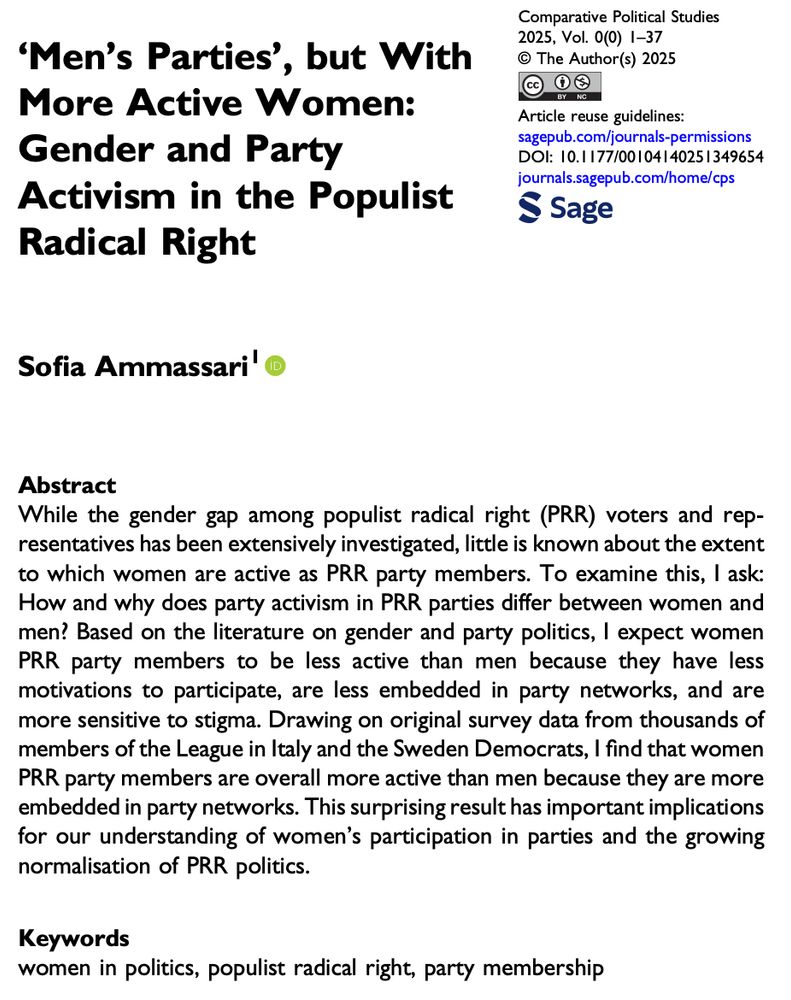
How are Grokipedia sources selected or ranked? Who sets the parameters to give more or less credence to a source or other?
Source Selection and Ranking in Grokipedia Grokipedia, launched by xAI on October 27, 2025, generates its articles using the Grok AI model, which synthesizes information from a wide range of online sources rather than relying on human curation like Wikipedia. While xAI has not released a detailed public technical whitepaper on the exact algorithms (as of October 29, 2025), available information from announcements, media analyses, and Grok's own descriptions indicates a process focused on "maximum truth-seeking" through AI-driven evaluation. Below, I'll break down how sources appear to be selected and ranked, based on reported mechanisms, followed by who influences these parameters. How Sources Are Selected Diverse Aggregation: Grok pulls from a broad internet corpus, including real-time data from platforms like X (formerly Twitter), news outlets, academic papers, books, and even Wikipedia itself (under Creative Commons licensing). Many initial articles are adapted or rewritten from Wikipedia entries, sometimes nearly verbatim, but with AI-applied modifications for perceived accuracy or neutrality. This allows rapid scaling to over 885,000 articles at launch, prioritizing breadth over exhaustive human vetting. AI-Driven Filtering: Selection emphasizes "first-principles reasoning," where Grok breaks down topics into fundamental facts and cross-verifies claims across sources. It asks internal prompts like: "What's true, partially true, false, or missing?" to filter out "propaganda" or distortions. Sources are chosen if they align with evidence-based synthesis, drawing heavily from real-time web data to reflect current events without the delays of human editing. Inclusion Criteria: High-quality sources (e.g., primary documents, peer-reviewed studies) are favored, but the process is opaque. Articles often include inline citations for transparency, though some entries are "thinly sourced" compared to Wikipedia's rigorous referencing (e.g., one article on the Chola Dynasty cites only three sources vs. Wikipedia's 113+). Grok integrates multimodal data (text, images, videos) from diverse origins, but excludes or downplays content deemed unreliable or biased during generation. How Sources Are Ranked or Given Credence Credibility Assessment: Ranking isn't based on a simple popularity metric (like Wikipedia's "reliable sources" policy) but on Grok's probabilistic evaluation of factual alignment, recency, and logical consistency. Sources are weighted by: Truth-Seeking Score: Grok assigns implicit credence based on cross-verification—e.g., a claim corroborated by multiple independent outlets gets higher weight than isolated reports. This aims to avoid "consensus-driven editing" biases. Recency and Relevance: Real-time feeds (e.g., from X) boost timely sources, potentially elevating user-generated content over legacy media. Bias Detection: Pre-launch tweaks "purged propaganda," likely via fine-tuned parameters that deprioritize outlets Musk has criticized (e.g., The New York Times or NPR, often cited in Wikipedia). Conservative-leaning or "alternative" sources may receive more credence in politically charged topics, as seen in entries promoting right-wing viewpoints or omitting controversies. Output in Articles: Citations appear as hyperlinks at the end of sentences or sections, allowing users to trace origins. However, the ranking isn't explicitly visible (no numbered lists or confidence scores); instead, Grok synthesizes top-ranked info into the narrative, potentially burying lower-credence sources. | Aspect | Selection Process | Ranking/Credence Mechanism | Example | |--------|-------------------|----------------------------|---------| | Primary Sources (e.g., academic papers, official docs) | High priority; directly queried via Grok's context window (up to 2M tokens) | Weighted heavily for factual baselines; low hallucination risk | Historical events like the Chola Dynasty cite few but verified primaries | | News/Media Outlets | Aggregated from web crawls; filtered for diversity | Demoted if flagged as "propaganda" (e.g., left-leaning); elevated for real-time alignment | Musk's bio downplays NYT-reported controversies | | User-Generated (e.g., X posts) | Integrated via real-time feeds | Ranked by engagement/virality but verified against facts; avoids "bimodal" extremes | Political topics blend X insights with broader web data | | Wikipedia-Derived | Adapted as base; rewritten for "improvements" | Medium credence; used as scaffold but overridden by Grok's edits | ~Many articles note "adapted from Wikipedia" at bottom | Who Sets the Parameters? xAI Engineering Team: The core parameters (e.g., weighting algorithms, bias filters) are defined by xAI's developers during Grok's training and fine-tuning. This includes prompt engineering for truth-seeking and dataset curation to "shift closer to politically neutral." As an open-source project, some model weights are public, allowing community scrutiny, but fine-tuning details remain proprietary. Elon Musk's Influence: As xAI's founder and CEO, Musk directly shapes priorities, as evidenced by his public directives to "purge out the propaganda" and delay launch for refinements. He has tweaked Grok to "lean further to the right" in tests and criticized specific sources, influencing what gets de-emphasized. Critics argue this introduces personal bias, with articles aligning to Musk's worldview (e.g., promoting "woke mind virus" narratives). Grok's Self-Improvement Loop: Parameters evolve autonomously via user feedback (e.g., "It's Wrong" highlights on articles) and continuous retraining on new data. xAI plans to incorporate X's Community Notes for validation, but ultimate decisions rest with the AI under xAI oversight—no open human editing like Wikipedia. In summary, Grokipedia's approach trades human consensus for AI speed and "objectivity," but its source handling risks inheriting training data biases or Musk's preferences. For balance, cross-reference with multiple tools. xAI has promised more transparency in future updates, so this could evolve quickly.
🚨🚨Attention to the new AI generated online encyclopedia #Grokipedia (owned and apparently shaped by Elon Musk). Those studying #disinformation and #AI should read what Grok (Musk's AI chatbot has to say about it).
In my view it is quite troubling.
x.com/i/grok/share...



































